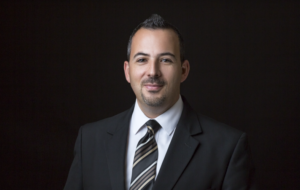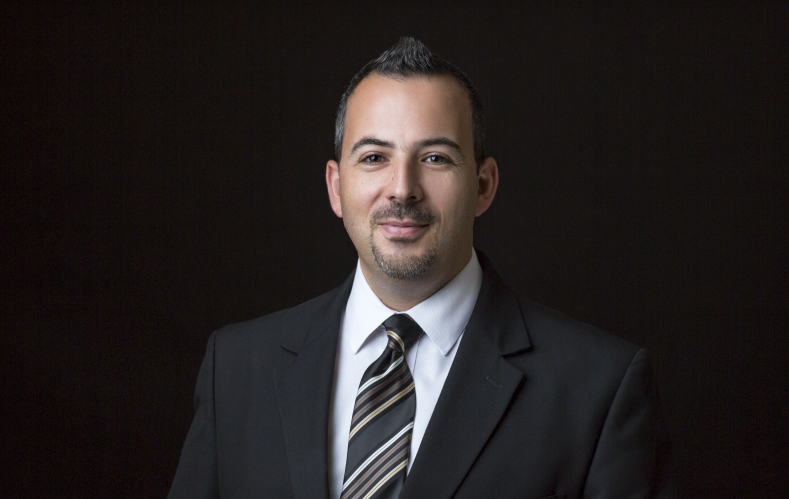
The term social infrastructure is so much more diverse today than it has ever been before. So many things qualify as social infrastructure today, everything from privately owned public spaces, mosques and the areasaround mosques, even shopping environments to a degree are included now. Its becoming a loose term for what qualifies and is not a single concept anymore. Its a really interesting time for social infrastructure.
While taxation regimes differ from country to country, the role of the government does not. Governments across the Gulf region do a highly competent job of providing social infrastructure. The mechanism is a little different now though and we are increasingly seeing the governmentasking the private sector to supplement. As an example, Kings College Hospital is private but the government has also built world class hospitals like City Hospital.
Public space is a really important part of social infrastructure. With clients, we are seeing more of a demand to create it. We are seeing a real change as a result of the government mobilising the private sector to provide social infrastructure, like Healthcare City. We are working on an increasing number of wellness destinations, as opposed to single buildings, and a destination will always include public space.
Developers are increasingly providing public spaces. In 2010 the market changed and the individuals looking to buy property started becoming end users, buyers were suddenly planning to stay in that property long-term. The market changed from trying to be the biggest, the best and the fastest to provide a quality living environment, and that change has been progressive. This region is now a place where people come to live rather than spend a year and move on. What that means from a social infrastructure perspective is that people are demanding better standards of living, from better healthcare to better schools to better public spaces around their homes. Universities in particular, were seeing world leading standards being applied and thats because if you want to attract talent you have to provide long-term high standards. We are seeing more private contracts coming through and fewer that are government sponsored since the oil price drop.
The expat community is particularly demanding. They are world savvy and in order to be here, they require world class standards. They want a good enough reason to be away from home.
As far as Im aware there has been a downturn across the construction industry, but Perkins+Will has thankfully been on the rise. The real challenge is the enormous social change. Take the Kingdom of Saudi Arabia, clients are now saying; dont always assume not to cater for women, we are now starting to look at female only universities. Social change is happening and because this society is so rapidly modernising, the challenge will be for social infrastructure to keep up. In this region we are used to change happening overnight. So to meet rapid social change with rapid social infrastructure will get harder before it gets easier.
Going forward I envisage a hybrid solution. The government will drive the social infrastructure change identifying a desire to be the worlds best, then they mobilise development agencies toward these government goals. The government will likely assist in financial ways via land grants and legislative environment amendments to allow these things to happen.
The most interesting change Ive bared witness to, globally, is the development of public open space from a climate changeperspective. Take waterfront developments, these are giving a resiliency goal, for example, hospitals have to be operational come rain or shine. Public spaces are now being designed to preserve the natural landscape. For example, the big U, a 1 billion dollar park in New York, is doubling up as a flood protection device. We are now seeing overlaps between social infrastructure and environmental protection and I only see this becoming a more and more frequent request in future tenders globally.

